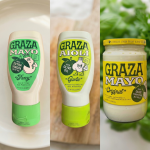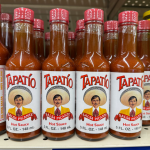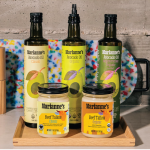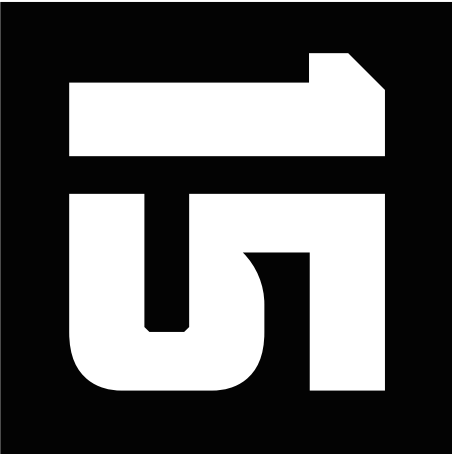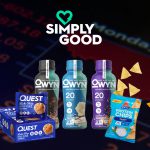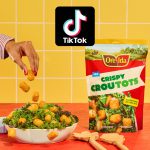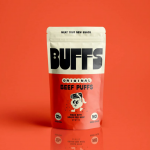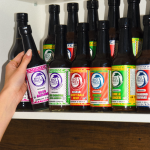Hero Bread Raises $21 Million
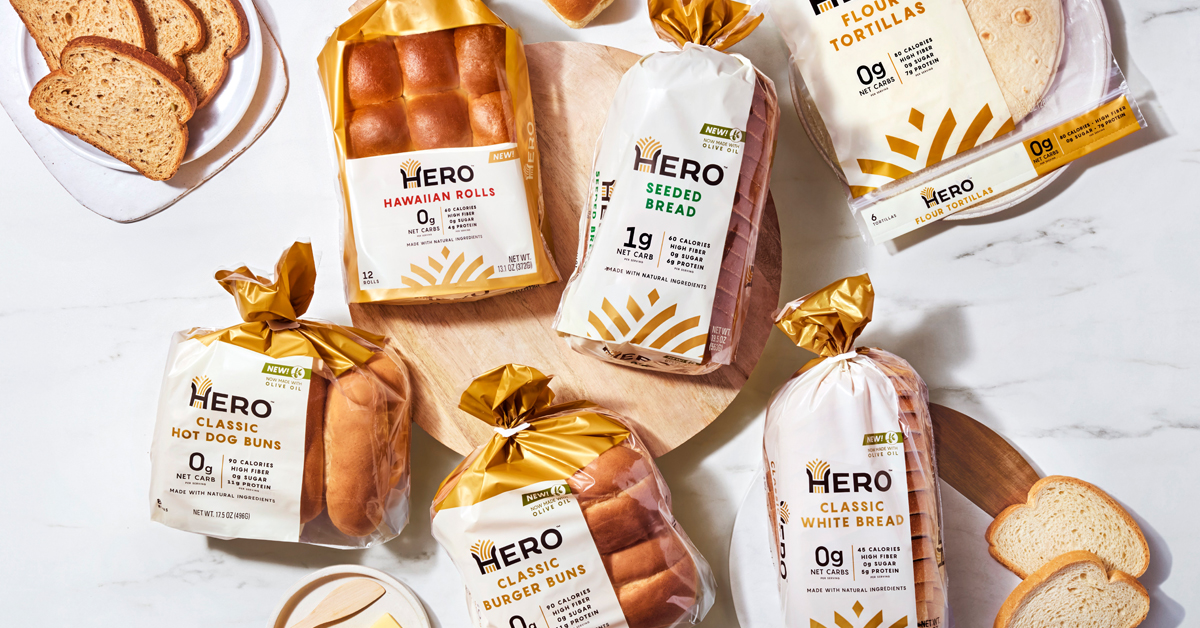
Better-for-you bread is baking up to be big business. Today, Hero Bread announced the closing of a $21 million funding round co-led by Cleveland Avenue, DNS Capital and Composite Ventures. The round, in which existing investor Greatpoint Ventures also participated, brings the company’s total funding to over $68.5 million to-date.
Despite the challenging investment climate for growth-minded CPG brands, Hero Bread CEO YuChiang Cheng said investors responded positively to the product’s disruptive positioning and market validation it has garnered in just two years since launch, allowing the company to close this latest round in less than three months.
“The numbers don’t lie,” Cheng said. “As [our investors] dug into the market share, the repeat rates, the velocity at the retailers we have, the fact that we’re top of the category in all our sets and have a ton more demand from more retailers, they felt with that momentum, and that the product is really superior to everything else out in there, that it really stands head and shoulders above everyone else – and in a very large category that addresses everybody.”
Hero Bread produces a 6-SKU line of alternative breads made from a combination of resistant wheat starch, wheat protein, milled flaxseed, fava bean protein, allulose and monk fruit in addition to a limited-edition array of items such as Cheddar Biscuits and Croissants. The bread loaves retail for between $9 to $10 while the tortilla format costs about $8 per pack.
While initially aimed at the carb-avoiding keto crowd, the brand has extended its appeal to the point where about 50% of its purchasers are non-keto folks. The product’s nutritional profile – between 0 to 2 grams of net carbs and no sugar, plus lower calories, but more protein and fiber per serving than conventional bread – has helped.
As for its new funds, Hero intends to put the cash towards building up inventory, supporting existing retail partners and growing its footprint in physical retail; currently, the brand is on-shelf in over 4,000 doors nationwide – a large jump from 20 stores at the start of 2023. It has also now established a greater presence in conventional grocery stores, which contribute slightly more than 50% of retail sales in MULO.
In the natural channel, Hero’s new capital will support existing retail partnerships, particularly with Sprouts and Fresh Thyme as well as Publix.
“We wanted it to perform in all the different channels, and it’s proven out to a larger degree than we would have thought,” Cheng emphasized.
He credits that performance to the product’s taste, texture and nutritionals, the latter of which were confirmed after the company’s investors ran independent third-party tests without their knowledge. In order to continue capitalizing on its momentum, Hero will invest heavily into consumer education and particularly sampling, as Cheng acknowledged many consumers have gone stale on better-for-you breads due to historically sub-par taste, texture and nutritionals.
An Emerging Category Superhero?
This funding round may also send signals around how investors are assessing CPG ventures in the current climate. Cheng pointed to the category itself as a point of differentiation and validation, emphasizing that bread is a regular purchase for most consumers, rather than a novelty like many plant-based protein alternatives.
For further validation of the brand’s goal to build a loyal following, Cheng pointed to the brand’s repeat rates of 50% at retail within a month of purchase and to the fact that Hero’s average ecommerce consumer places upwards of three orders per year. He also said the price point keeps the items accessible, only tagged slightly above the premium conventional alternative, while noting its customers have an average annual household income of $60,000.
These focal points are also indicative of the brand’s strategy looking ahead. When Hero Bread first launched, it aimed to align itself as the “Beyond Meat of better-for-you bread,” but Cheng said that position no longer holds up. Now its focus is on traditional bread baking techniques, rather than something grown in “a lab tube.”
“When we first started, there was a lot of excitement about [alternative products],” Cheng said. “The principles are great: Something that’s more sustainable, something that’s healthier. But I think a major shift since I’ve joined is our realization that we’re not quite like that, and probably to our benefit. We’re more about returning back to the basics of bread.”
Cheng took over as CEO from Hero founder Cole Glass in November as its retail presence was ramping up. He originally became involved as an investor while working with The Family Fund (that of TikTok-famous family The D’Amelio’s), but was “almost immediately” asked by the board to serve as the brand’s CMO.
He said the move to the top spot came after some “self reflection” from Glass and the core team that the business could, and should, move faster: “There’s just a lot of patterns and success routines that I can bring to the table [quicker],” Cheng said.
Those routines will see the business balance growth with a sustainable mindset, Cheng said, explaining that while it is taking “calculated growth opportunities,” Hero could be profitable if it wanted to be since the business’ basic fundamentals are solid.
“It’s a $40 billion market opportunity,” Cheng said. “We’re being very realistic about it, and we’re being very upfront that, yes, we are in growth mode right now. We need capital to be in growth mode. I know that a lot of CPGs and a lot of VCs don’t want to hear that right now. But, when the numbers align and you have an opportunity, you [have] got to be what you got to be. We’re the market leader right now and we want to maintain that.”

